Hardware acceleration in MPC-HC uses your GPU to decode videos instead of your CPU, significantly reducing CPU usage and improving playback performance for high-resolution content.
First of all, ensure you have updated graphics drivers (NVIDIA, AMD, or Intel), you have support for compatible video formats (such as H.264, HEVC, VP9, or AV1 depending on your GPU), and are running Windows 7 or later.
Access Internal Filters Settings
Download MPC-HC portable (we are using version 2.2.1, while 2.4.3.6 is out) and open it.
Go to View → Options (or press O).
Navigate to Internal Filters in the left panel.
Configure Video Decoder
Click on Video decoder button.
Set Hardware decoder to use to your preferred option:
DXVA2 (copy-back) - Most compatible, works with subtitles.
DXVA2 (native) - Better performance, may have subtitle issues.
D3D11 - For newer systems with Windows 8+.
Set Video Renderer
Go to Playback → Output in the Options.
Set DirectShow Video to:
Enhanced Video Renderer (custom presenter) for Windows Vista/7/8/10/11.
MPC Video Renderer - if you don't have it, we recommend you to download it.
VMR9 (windowed) for older systems.
Configure Supported Formats
In the Internal Filters → Video decoder section, ensure these formats are checked for hardware acceleration:
H264/AVC, HEVC/H.265 (if your GPU supports it), VC-1, MPEG-2, etc.
To Confirm It's Working During Playback:
Play a video file (preferably one with high resolution, like 1080p or 4K H.264 or HEVC).
Press Ctrl + J to show MPC-HC's stats overlay (if using MPC Video Renderer).
Look for indicators like DXVA, D3D11 or hardware decoder being used.
Alternatively, check your GPU usage in Task Manager (right-click on taskbar) under the Performance tab → GPU. You should see activity under “Video Codec 0” (or “Video Decode 0”).
Troubleshooting:
If videos don't play correctly, try setting "Hardware decoder to use" to "None" and reload the video.
Update your graphics drivers if hardware acceleration isn't working.
Some subtitle formats may interfere with hardware acceleration.
NVIDIA RTX 2000/3000 series users may experience stuttering in fullscreen mode with hardware decoding enabled MPC HC stutter with hardware decoding.
Note: Hardware acceleration doesn't improve video quality - it only reduces CPU usage by moving the workload to your GPU.
The visual quality remains the same whether using software or hardware decoding.
When is Hardware Acceleration Useful?
Hardware acceleration in MPC-HC is particularly beneficial in these scenarios:
High-Resolution Video Playback
4K/8K content: Users report CPU usage dropping from very high levels to just 0-5% when playing demanding content like 1080p AVC files.
High bitrate videos: Reduces stuttering and frame drops during playback of large video files.
Multiple video streams: Enables smooth playback when running multiple videos simultaneously.
System Performance Benefits
Older or lower-powered CPUs: Prevents video playback from overwhelming your processor.
Multitasking: Frees up CPU resources for other applications while watching videos.
Laptop users: Reduces heat generation and extends battery life by shifting work from CPU to more efficient GPU.
HTPC setups: Ensures smooth playback on media center PCs with modest processing power.
Specific Use Cases
Streaming high-resolution content: Especially useful for 4K Netflix, YouTube, or local media files.
Video editing workflows: Reduces system load when previewing footage.
Gaming while watching: Keeps video playback smooth without impacting game performance.
Content creation: Allows for smoother playback during video review and editing.
Important Limitation
As you noted, hardware acceleration doesn't improve video quality - it only reduces CPU usage by moving the workload to your GPU.
The visual quality remains the same whether using software or hardware decoding.
The benefit is purely performance-related, not visual.
When You Might NOT Need It
Playing standard definition or low-bitrate videos.
Systems with powerful modern CPUs that handle video decoding easily.
When using subtitle formats that conflict with hardware acceleration.
If you experience compatibility issues with specific video files.
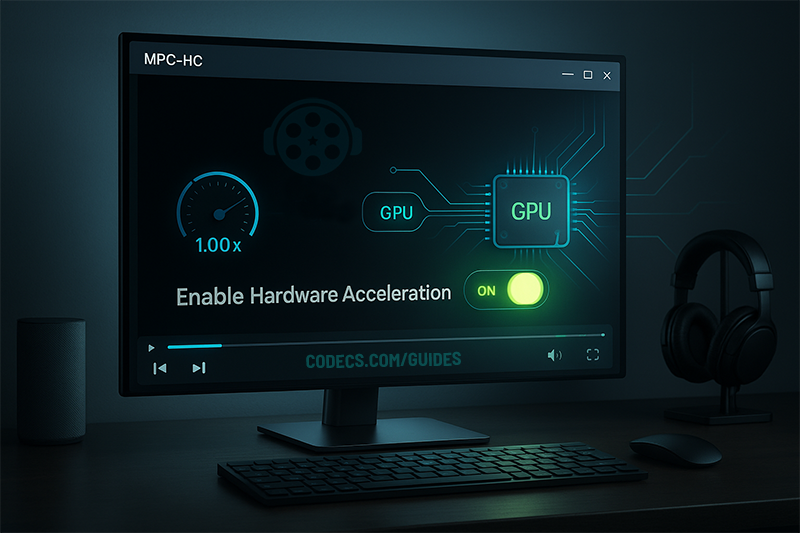
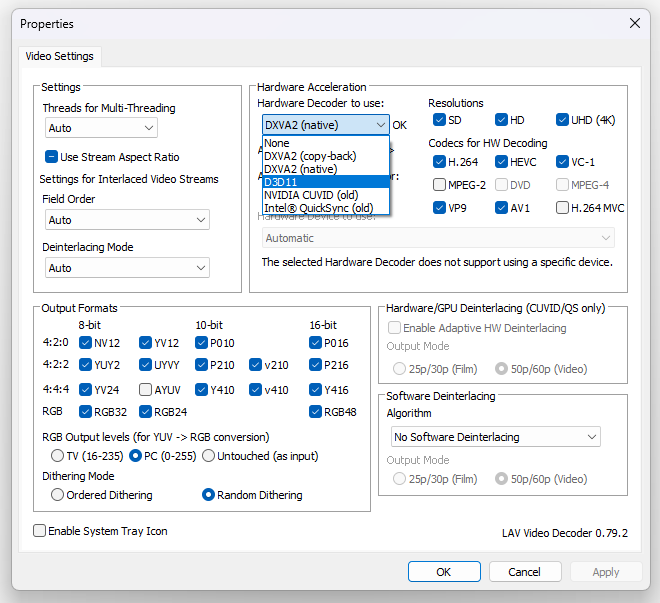
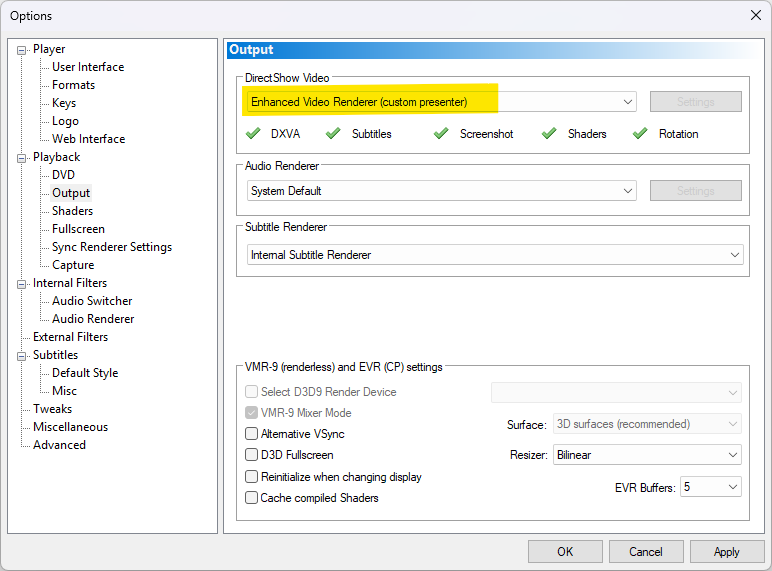
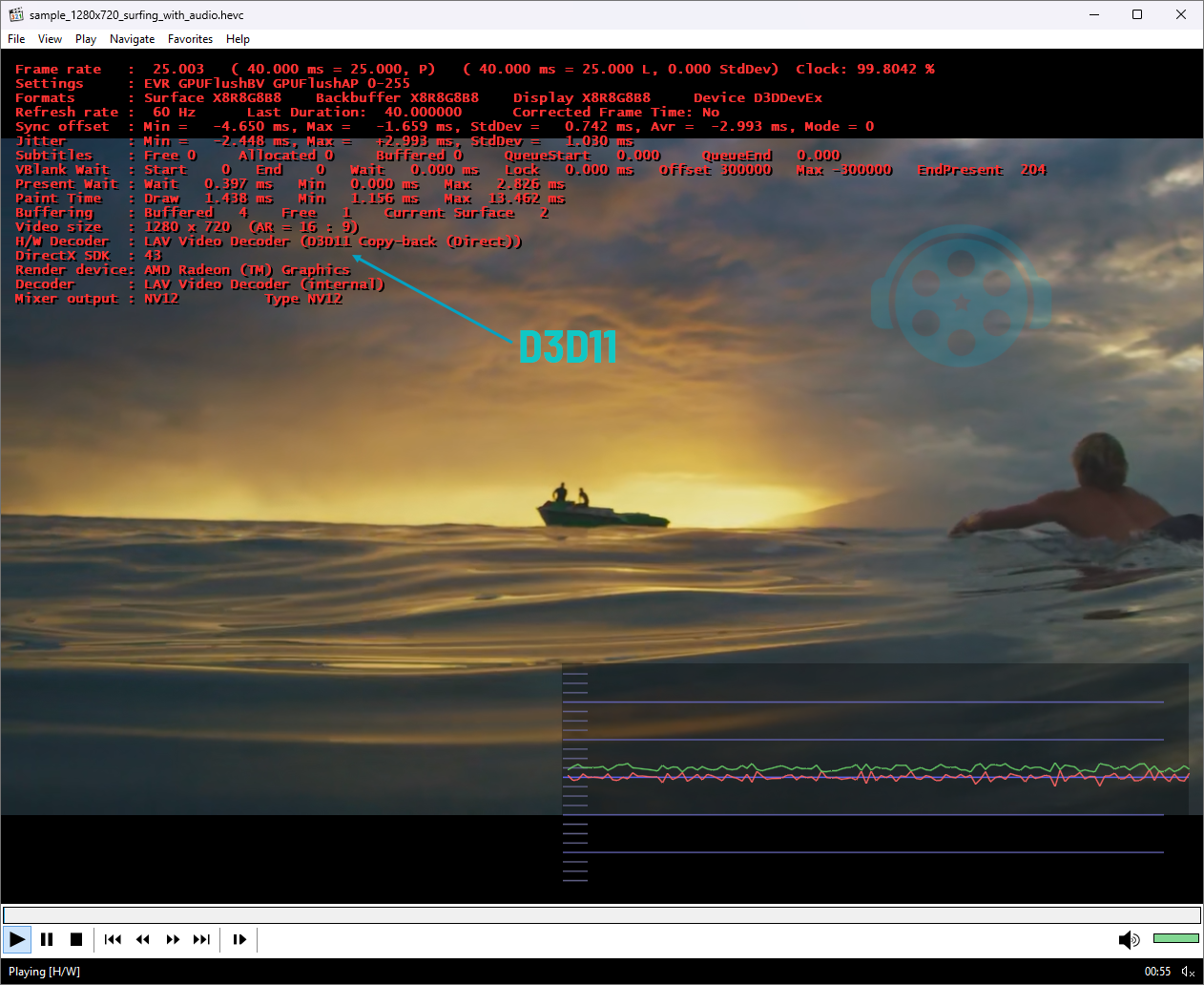
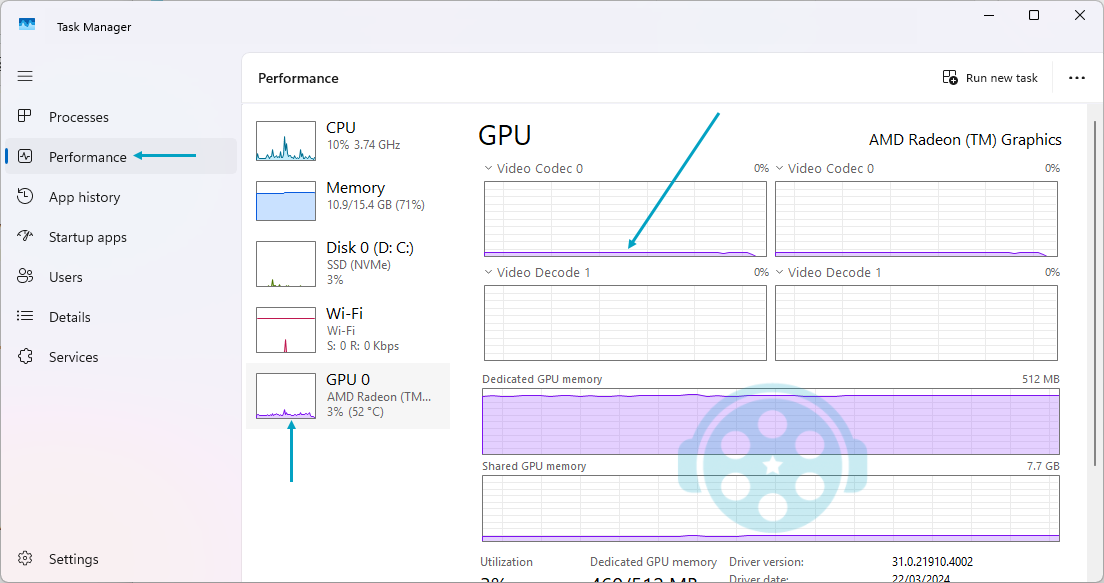













How to Download HEVC Video Extension for Free
THANKS BRO IT WORKS
Read More →Convert WAV to MP3: Best Quality Settings Gui...
MP3, AAC is only for vintage H/W players. For PC: FLAC. For smarphone: Opus 96~160 kbit/s
Read More →View AVIF Files on Windows - 3 Instant Soluti...
AV1 Microsoft.AV1VideoExtension_2.0.6.0_neutral_~_8wekyb3d8bbwe.AppxBundle + IrfanView iview473_setup.exe FastStone Image Viewer FSViewerSetup83.exe = Can't ...
Read More →